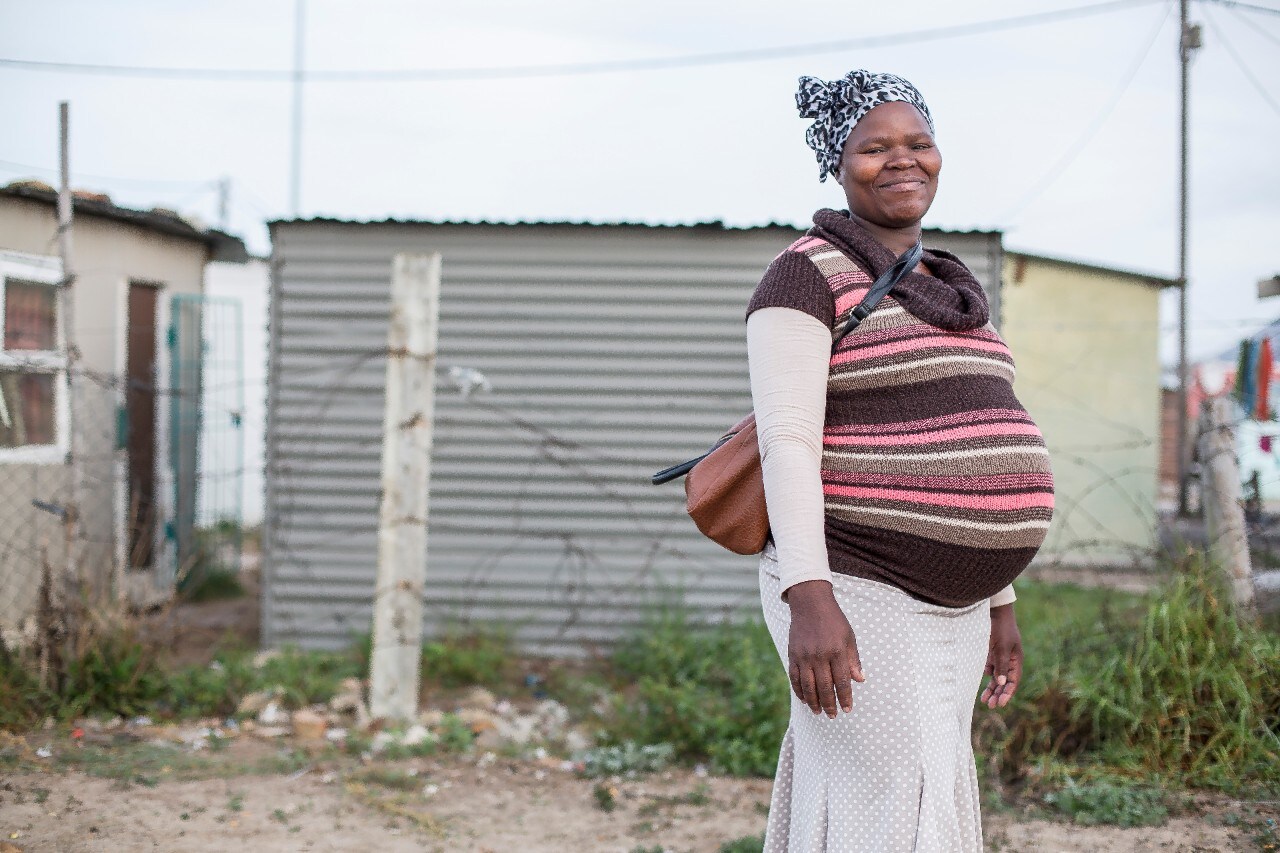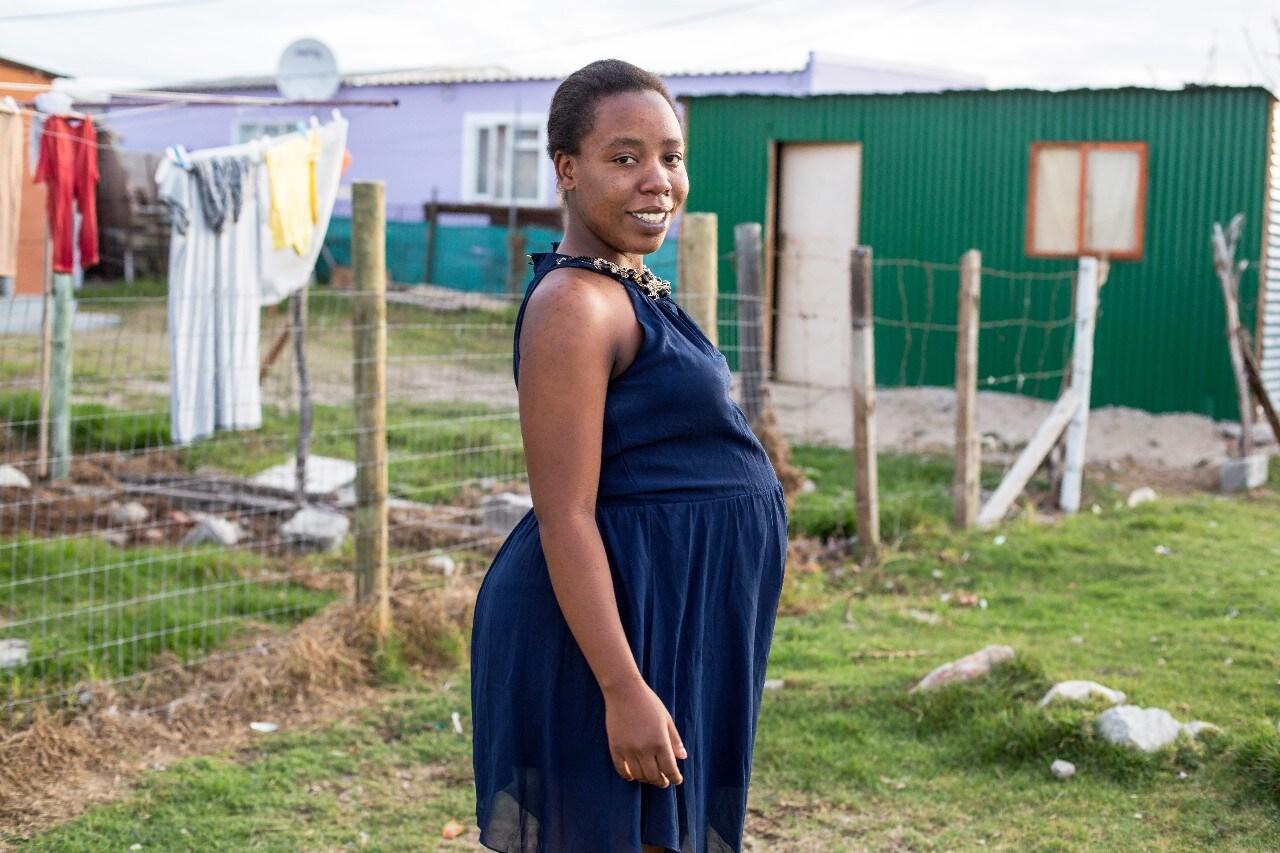Nutrition is at the centre of giving every child the bright beginning they deserve – it’s fundamental to the development of each child’s full human potential. Something every parent wants for their child. Good nutrition in the first year of life shapes optimal growth, health and behavioural development. Yet tragically poor breastfeeding and complementary feeding practices, together with high rates of infectious diseases, are the greatest cause of death in the first two years of a child’s life. The great news - good nutrition for all is achievable especially in the first year and it starts with breastfeeding.
From the first hour of life there is no equal - breastfeeding gives a child the best start to life.
Breastfeeding should start within the first hour of life and for the first 6 months of life, a child should be exclusively breastfed. Exclusive breastfeeding means that baby receives only breastmilk without any additional food or drink, not even water! From 6 months (180 days) continued frequent, on-demand breastfeeding until 2 years of age or beyond, together with nutritionally adequate and safe complementary foods is recommended.
Breastmilk is the natural first food for babies, it provides baby with all its energy and nutrients needed for the first 6 months of life. It acts as the baby’s first vaccine by providing antibodies that help them fight off illnesses into the future. Breastfeeding continues to make an important nutritional contribution well beyond the first six months, but after this 180-day period, it becomes increasingly difficult to meet all of baby’s nutrient needs from breastmilk alone and most babies are now developmentally ready for other foods. This is when complementary feeding should start - complementary means just that, it complements breastmilk. It should not replace or displace breastmilk.
Breastmilk continues to provide up to half of a child’s nutritional needs from 6-12 months, and up to one third during the second year of life. In addition, breastmilk has a relatively high fat content compared to most complementary foods, so it is a key source of vital energy and essential fatty acids (particularly important for brain development) while also providing some key vitamins and minerals. This is particularly important in areas where there is limited access to a wide range of foods and where affordability of a diverse diet is a problem.
A bounty of breastfeeding benefits
Breastfeeding is the cornerstone of a good start, but its benefits extend beyond those special early months and years. Research shows that breastfed children have the potential to achieve higher grades in school and have a lower risk of being overweight or obese – a growing concern1.
And there is more. Breastfeeding also provides significant benefits for the mother - it reduces her risk of breast cancer and diabetes, helps her return to her pre-pregnancy birth weight sooner and, improves child spacing1. Not to mention the bonding benefits and cost savings – after all breastmilk is free and hygienic. And yet more, breastfeeding does not require safe water for its preparation. Important because 1 800 children under the age of five die every day from diarrhoeal diseases linked to water, sanitation and hygiene2.
Not only does every parent want their child to have the best to achieve in life, every child has the right to #brightbeginings, and that starts with breastfeeding from within the first hour of birth to 2 years and beyond.
Reaping the benefits of breastfeeding
There are some essential elements to reaping the long-term benefits of breastfeeding right from the start. Firstly, mothers should start breastfeeding within the first hour of their babies’ life. Why the first hour? Delaying breastfeeding by 2- 23 hours after birth increases the risk of dying in the first 28 days of life by 40% - that’s significant3. Secondly mothers should be supported to exclusively breastfeed for the first 6 months – a component of care that is often underestimated and so neglected. Thirdly, breastfeeding should continue for at least two years and even beyond, supplemented with other safe and nutritionally adequate foods starting in the sixth month. It’s a winning recipe. Baby wins, mum wins, families win and even countries and their economies win.
Did you know?
Globally:
If all babies were fed nothing but breastmilk from the moment they are born until they are six months old, over 800,000 lives would be saved every year. Half of all newborns are not breastfed within the first hour of birth – a tragedy3.
Delaying breastfeeding by 2 to 23 hours after birth increases the risk of the baby dying in the first 28 days of life by 40%. Delaying it by 24 hours or more increases that risk to 80% – another tragedy3.
In South Africa4:
61% of mothers begin breastfeeding within the first hour of birth - good news for a good start but…
Only 8% of exclusively breastfeed their babies for the first 6 months – robbing babies and mothers of breastmilk’s benefits.
In Kenya4:
62% of mothers begin breastfeeding within the first hour of birth and...
61% of women exclusively breastfeed their babies for the first 6 months but…
Only 22% of older babies (6-23 months of age) are fed a complementary diet that provides them with the nutrition they need for the best start in life.










